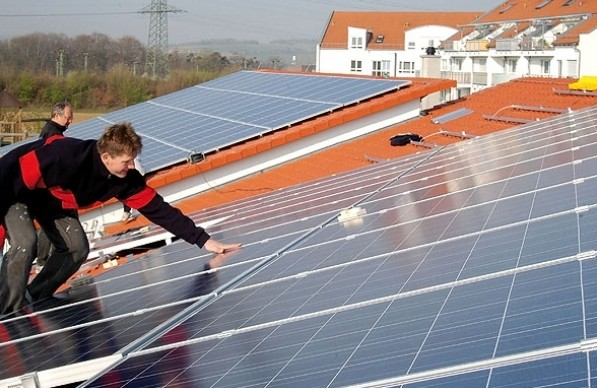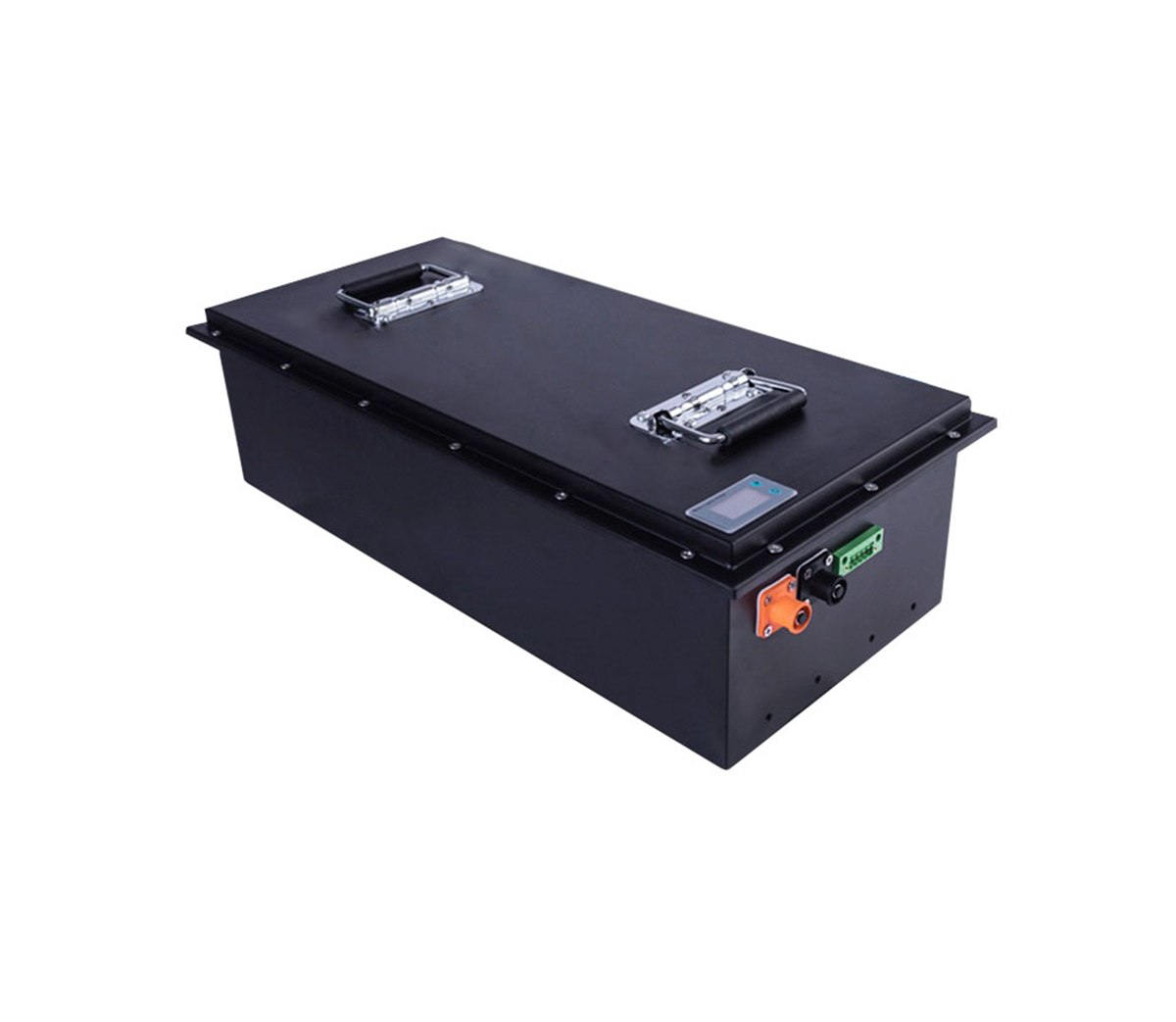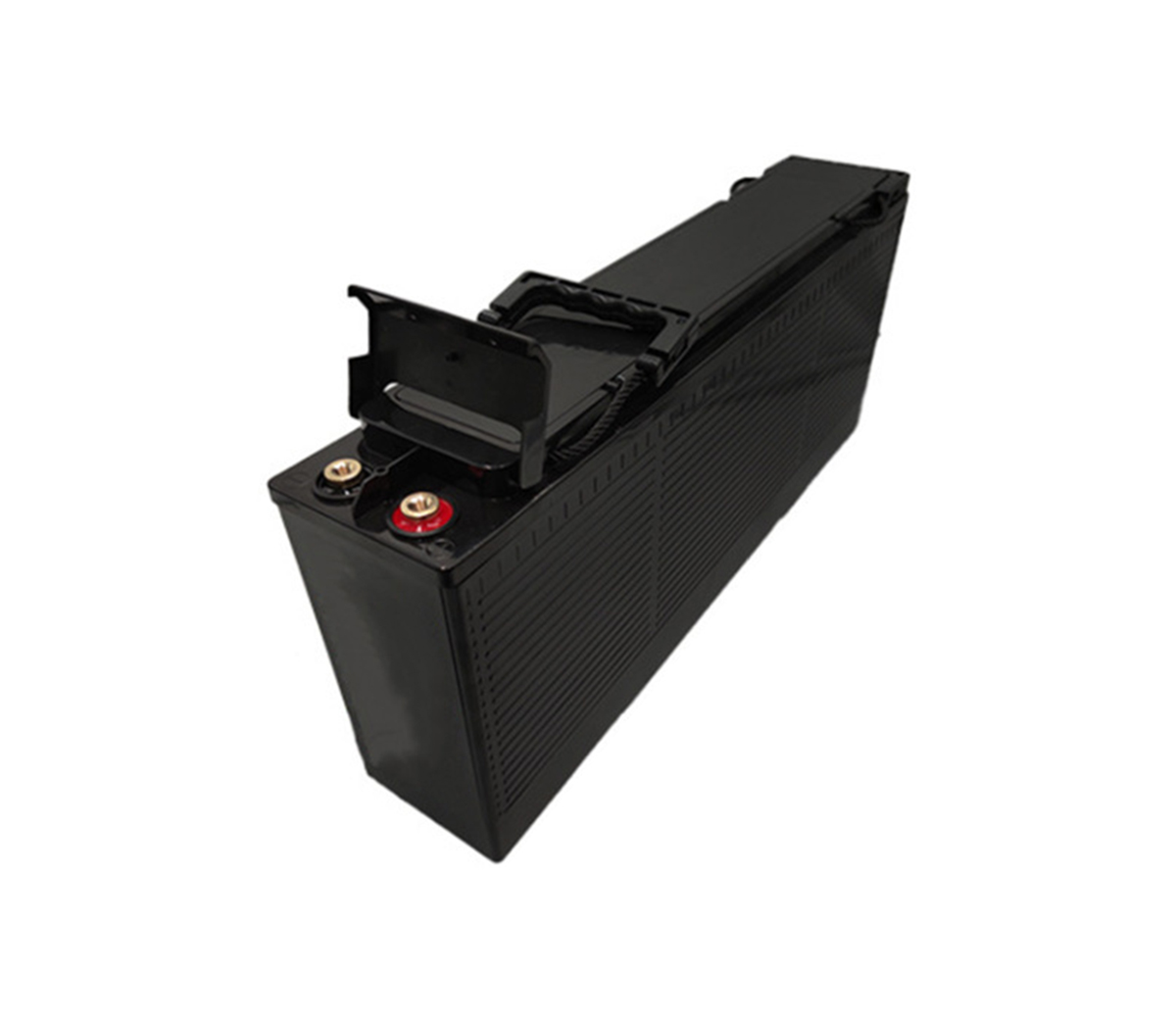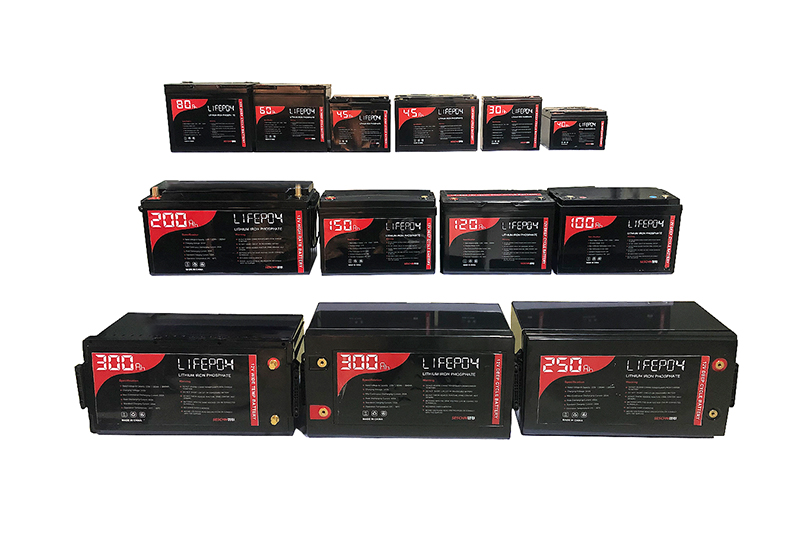The report predicts that the capacity of the European household energy
storage market will reach 12.8GWh by 2025
The European Photovoltaic Industry Association recently released an annual
market survey report predicting that the European residential energy storage
market will show an upward trend and continue to accelerate growth. The
combination of economic and non-economic driving factors will achieve 400%
growth within five years. In 2020, the cumulative number of residential battery
energy storage systems deployed in Europe has exceeded 100,000, with a total
energy storage capacity of 3GWh. By 2025, the total capacity of residential
battery energy storage systems deployed in Europe will reach 12.8GWh.

Germany has become the largest household energy storage market in Europe,
driven by environmental issues and the desire for energy independence. The
electricity bill for residential users who use residential solar + energy
storage systems is nearly one-third lower than that of users without deployment,
and the price is 0.122 Euro (US$0.137)/kWh. About 60% of residential solar power
generation systems in Germany are deployed with battery energy storage systems,
and high electricity prices are a direct factor driving this trend.
Walburga Hemetsberger, CEO of the European Photovoltaic Industry
Association, said: "With the popularity of residential solar energy, more and
more household users realize that battery energy storage systems will maximize
the value of their residential solar power generation systems." For the
development of 2021, The European Photovoltaic Industry Association predicts
that the situation is more similar, and the cumulative energy storage capacity
will reach 4.4GWh.
Perhaps less optimistic is that only a few countries in Europe are keen on
energy storage deployment. The deployment of energy storage in Germany, Italy,
the United Kingdom, Austria and Switzerland accounted for 93% of the European
energy storage market, and Germany alone accounted for 70% of the total European
energy storage deployment in 2020. The European Photovoltaic Industry
Association said that the current ratio may remain unchanged, and even by 2025,
these five countries may account for 88% of the share.
Walburga Hemetsberger said, “The combination of solar power generation
facilities and energy storage systems is the key to achieving climate goals by
2050. It will not only enable the EU to increase the share of renewable energy,
but also importantly, solar + energy storage projects will provide homes Provide
reliable, clean, and cost-effective energy to homes. National policymakers must
recognize this huge potential and consider deploying more distributed energy
storage systems when revising the national energy and climate plan."
The association believes that the implementation process of the EU's clean
energy package is too slow. The clean energy package includes guidelines for the
development of regulations to support consumer and self-consumable business
models—that is, allowing users to use electricity from residential solar power
facilities or sell to each other instead of supplying it to the grid, but so
far, only A few EU member states incorporate it into their national standards
and regulations.
According to the report, as Germany has shown, mature markets with strong
economic drivers no longer need subsidy programs, but in other markets, some
support programs may be needed to stimulate market interest.
Raffaele Rossi, a senior policy analyst at the European Photovoltaic
Industry Association, said that the value of the energy storage industry to
Europe (both economically and environmentally) also needs to be reflected
through future-oriented battery energy storage system regulations and other
methods.
Rossi said this will support the competitiveness of the "strategic
industrial sector" while avoiding overburdening battery manufacturers or
hindering investors from investing. He said, “It is essential to establish a
sustainability and quality framework for battery requirements, but any framework
must avoid distorting the market.”

Lithium-ion battery (LIB) has become the main energy storage solution in
modern social life. Among them, lithium iron phosphate batteries are a perfect
replacement for lead-acid batteries, and they are the first choice for
grid-connected peak shaving, off-grid energy storage, photovoltaic energy
storage, UPS, data center and other industries.
Solar power generation system with lithium battery energy storage system is
a very promising clean energy.




































